Participatory arts education refers to the practice of engaging individuals in artistic activities with the goal of personal and collective development. Here the artist serves as a facilitator for collaborative art creation with a focus on social good: the emphasis is not just the production of art but the process of creating art together to explore identity, shared values, and aspirations. The social impact of participatory arts education can be significant and wide-ranging:
The learning material in this Module reflects how participatory arts education employs non-formal learning in highly individualised, flexible, process-driven, creative, context-specific ways. Learning environments where it takes place are often integral to the design and implementation of learning, while the learners’ participative role is at the essence of this experiential learning. To address this, we have decided to adopt a holistic approach that focuses on the learning process and personal growth, while encouraging you to think critically about your own work and the potential social impact it holds.
The learning activities follow three ways of thinking about impact:
Social impact of participatory arts education can vary depending on the specific context, programme design, and participants involved. The potential benefits encompass personal growth, community building, and social transformation. In this learning material we will focus on the social impact of participatory arts education that results in personal growth and learning of participants, and community building.
Achieving social impact through participatory arts education requires thoughtful planning and implementation. Artists can direct their methodology to encourage others in the process of learning, personal growth, and social cohesion within their participatory arts programs – empowering participants to become agents of positive change in their communities, thus maximising the social impact of their practice.
Tracking social impact of participatory arts education benefits artist-educators by enhancing their educational skills, expanding their professional network, and increasing their knowledge of community needs. These projects are challenging for artists as they require adaptability, empathy, and the ability to facilitate creative experiences. Engaging in such initiatives fosters personal growth, deepens artistic practice, and provides opportunities for experimentation. By observing the positive societal outcomes, artist-educators gain a sense of purpose and validation, leading to professional development and an enriched artistic journey. Embrace the transformative power of these practices, as they have the potential to shape both your craft and your impact on the world!
Each activity provides a platform for in-depth exploration of its respective theme. Due to the multifaceted nature of the social impact, the activities aim to create a foundational understanding while recognizing that further exploration can be carried out in more specialized and extended programmes.
The module also includes links to further resources and self-assessment questions for you to reflect upon what you have learnt.
Click on the links in the flow chart in the left of your screen to access further Activities and Case Studies
Use or Ornament? The Social Impact of Participation in the Arts. | Study on the social impact of participatory arts programmes | https://arestlessart.files.wordpress.com/2015/09/1997-use-or-ornament.pdf | |
Social Impact Toolkit | on line manual | Introduction to social impact in arts, why and how to measure it. | https://theartsdevelopmentcompany.org.uk/resources/social-impact-toolkit-an-introduction/ |
Goal Planner for Creatives | downloadable template | Goal Planner for artists and creatives to map out your aims and to set achievable targets. Helps reflect back on your goals and see how much you have achieved over time. | https://theartsdevelopmentcompany.org.uk/resources/goal-planner-for-creatives/ |
PartART Handbook Participatory Art Methods as Encouragement for Acting in Real Life | This Handbook can support artists in rethinking their work and includes some useful materials on how participatory art empowers citizens through innovative, non-formal educational methods. | http://www.hcdo.hr/wp-content/uploads/downloads/2014/08/PartART-Handbook.pdf |
Measuring the value and impact of culture: why and how? A literature review of academic and practical works | online article | This paper explores the challenges and considerations involved in measuring the social value and impact of cultural activities, including participatory art | |
Managing Art Projects with Societal Impact Study Book for Students, Stakeholders and Researchers | online article | Provides guidance and insights into the management of art projects that have a significant impact on society. | |
Defining Values Evaluating Art Programmes, Francois Matarasso | Explores the process of determining and understanding the values that underlie art programs. It focuses on evaluating the impact of art programs by examining the values they promote and how those values align with the goals of the program | https://parliamentofdreams.files.wordpress.com/2017/03/1996-defining-values.pdf | |
The Imagination and Beyond: Toward a Method of Evaluating Socially Engaged Art Jan Cohen-Cruz | Essay on the evaluation of art that aims to impact social issues directly, focusing on artists who create interactive and situational works outside traditional art spaces, exploring challenges in evaluating such art and offering examples from socially engaged art projects. | ||
Reflective Practice in Arts Education | Book | This book explores the concept of reflective practice in arts education and how it can enhance teaching and learning. | |
Theory of Change | Weblinks | A series of online resources to explore further using The Theory of Change. | https://www.theoryofchange.org/ https://yiflearning.org/resources/theory-of-change/ https://www.nesta.org.uk/toolkit/theory-change/ https://www.nesta.org.uk/blog/whats-wrong-with-theories-of-change https://www.socialvalueworld.com/mopac-outcomes-framework.html https://www.theoryofchange.org/ https://yiflearning.org/resources/theory-of-change/ https://www.nesta.org.uk/toolkit/theory-change/ https://www.nesta.org.uk/blog/whats-wrong-with-theories-of-change https://www.socialvalueworld.com/mopac-outcomes-framework.html |

MalagaJam is a non-profit association whose aim is promoting culture and professionalization of the videogame industry. As its name implies, it’s physically located in Málaga, where we celebrate our events.
MalagaJam was founded in 2015 with the intention of becoming the first Andalusian headquarters of the Global Jam. At the time, there were only 7 members, a number that increased over the years, until we reached our 20 current members – all of them volunteers – which make up our team in 2022.
A Game Jam is an event which normally has a 48 hours duration, where its main goal is to develop a game from its concept to its release. With that in mind, people with all capacities are welcoming. In the end, to make a game it is necessary to write, illustrate, compose or programming skill, among other things. There are those who come with a team, meanwhile others find a new group of enthusiasts to develop a videogame and have a good time during Jams.
Since 2015, MalagaJam celebrates 2 Jams per year:
One at the end of January inside the Global Game Jam frame, and the other one in July taking advantage of the welcoming weather in Málaga. This rhythm, unfortunately, was interrupted by a worldwide pandemic, but got into activities in 2022 thanks to the constant effort and hard work of the whole team. In total, more than 350 games were released from MalagaJam… and increasing!
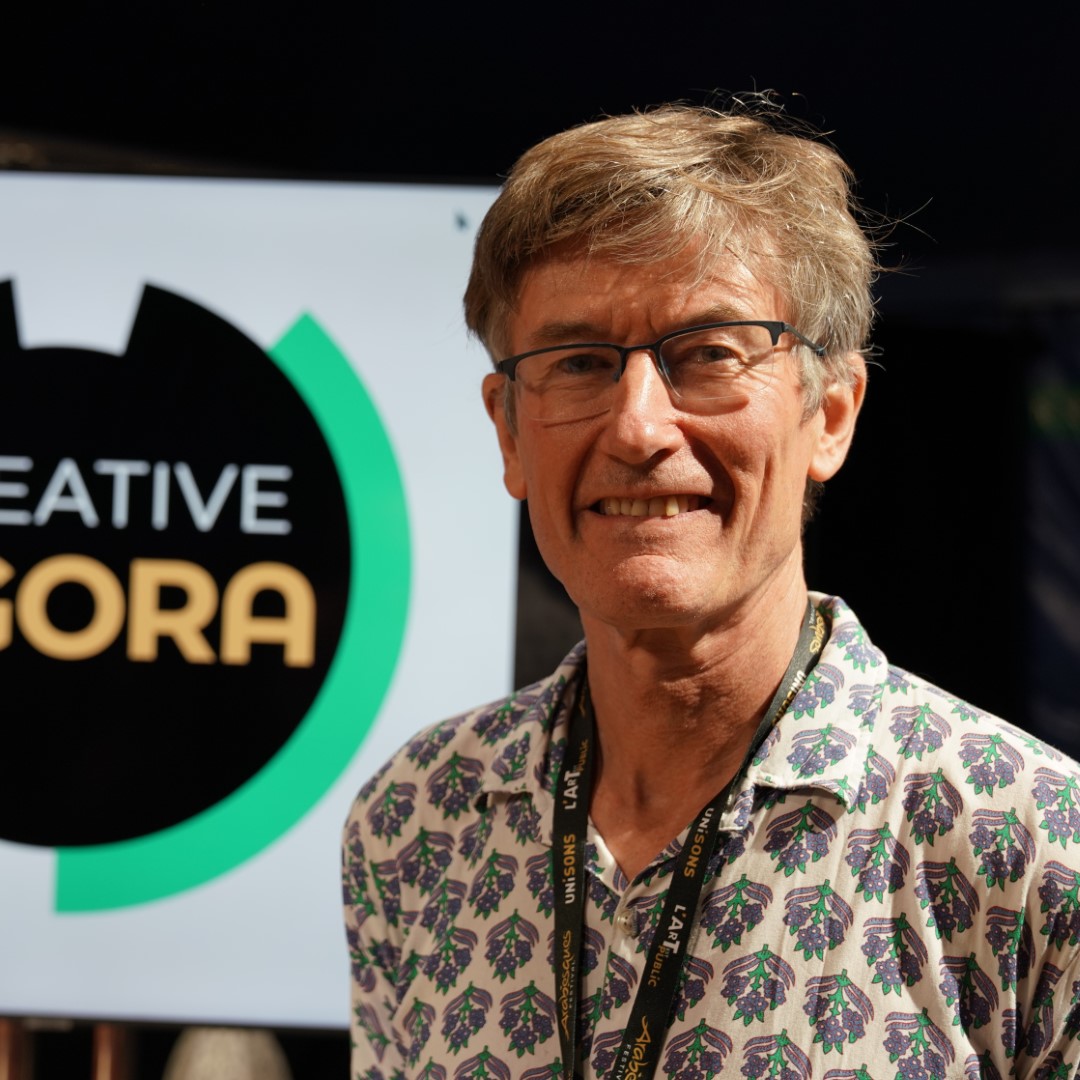
I am an artist and curator based in Spain and in London. I make paintings of urban life, exploring the social use of public space: how people interact with each other and with their neighbourhood. I have also made paintings of markets in Europe, Latin America and India, and a series of over 70 paintings, A Place to Live, of London’s residential architecture.
In 2016, I began experimenting with inverting colour in my paintings. Initially, it was a protest response to the Brexit vote in the UK. I developed this way of painting further during the Covid lockdown, in a series of “Elegies for Street Life” re-mixing previous paintings of vibrant streets in new inverted colour versions. These, and other paintings are featured on my website.
I regularly collaborate with other artists in curating exhibitions. These have included the touring exhibitions “In the City” (2014/2018) exploring aspects of painting cities internationally and “Where We Live” (2021-23), five artists exploring England’s social landscape in paintings.
Instagram: @trevorburgesspaintings
Website: www.trevorburgess.co.uk

My name is Dimitrios Zervas, I am 32 years old and I am a professional dance judge accredited from the Hip-Hop International Association located in the United States of America.
I started my career at the age of 22 and since then I have been actively participating in national and international dance competitions. For the last 5 years Ι have been working as a professional choreographer in Greece and Ι have been judging national competitions. In 2022 I represented my country, together with my dance crew, at the world Hip Hop International dance championship (HHI) which took place in Phoenix Arizona, USA.
I have collaborated with several greek artists and I have participated in several video clips.
You can find more about me and my team here:
https://www.instagram.com/zervinho7/
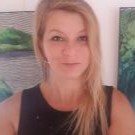
I got my university diploma with first-class honors from the painting studio at the Academy of Fine Arts in Cracow, later I also earned my specialty stage design diploma and I finished my postgraduate studies at the Faculty of interior design and design of the Silesian University of Technology in Gliwice. In 2017 I received my PhD at the Academy of Fine Arts in Cracow and since the same year, I have been an employee of the Faculty of Architecture at the Silesian University of Technology in Gliwice.
From 2004 to 2020, I participated as a production designer and costume designer in the production of theater, feature films, shorts films, music videos, commercials, educational films and video art.
I participated in many personal (over 30) and collective (over 270) exhibitions (many times as a curator of the exhibitions also) in Poland, USA, Ireland, England Germany, France, Hungary, Czech Republic, Bulgaria, Lithuania, Italy, Japan, Russia, Ukraine, the Netherlands, Slovakia, Belgium, India, Switzerland, Albania, South Korea, Georgia, Jordan, Turkey. Including mailart projects in Spain, Puerto Rico, Mexico, Austria, Argentina, Serbia, Kyrgyzstan, Finland, Chile, Argentina, Brazil and online projects in Australia, Nepal, China, United Arab Emirates, Indonesia, Bolivia, Egipt, Nigeria.
I was awarded many times in painting competitions and honored with creative scholarships from the City of Cracow and the Marshal of the Silesian Voivodeship.
I’m dealing in painting, scenography, unique fabric and artistic education.
My works are in many state and private collections in the country and abroad.
IG: https://www.instagram.com/iwa_kruczkowska_art/
FB official: https://www.facebook.com/Iwa.Kruczkowska.Galeria
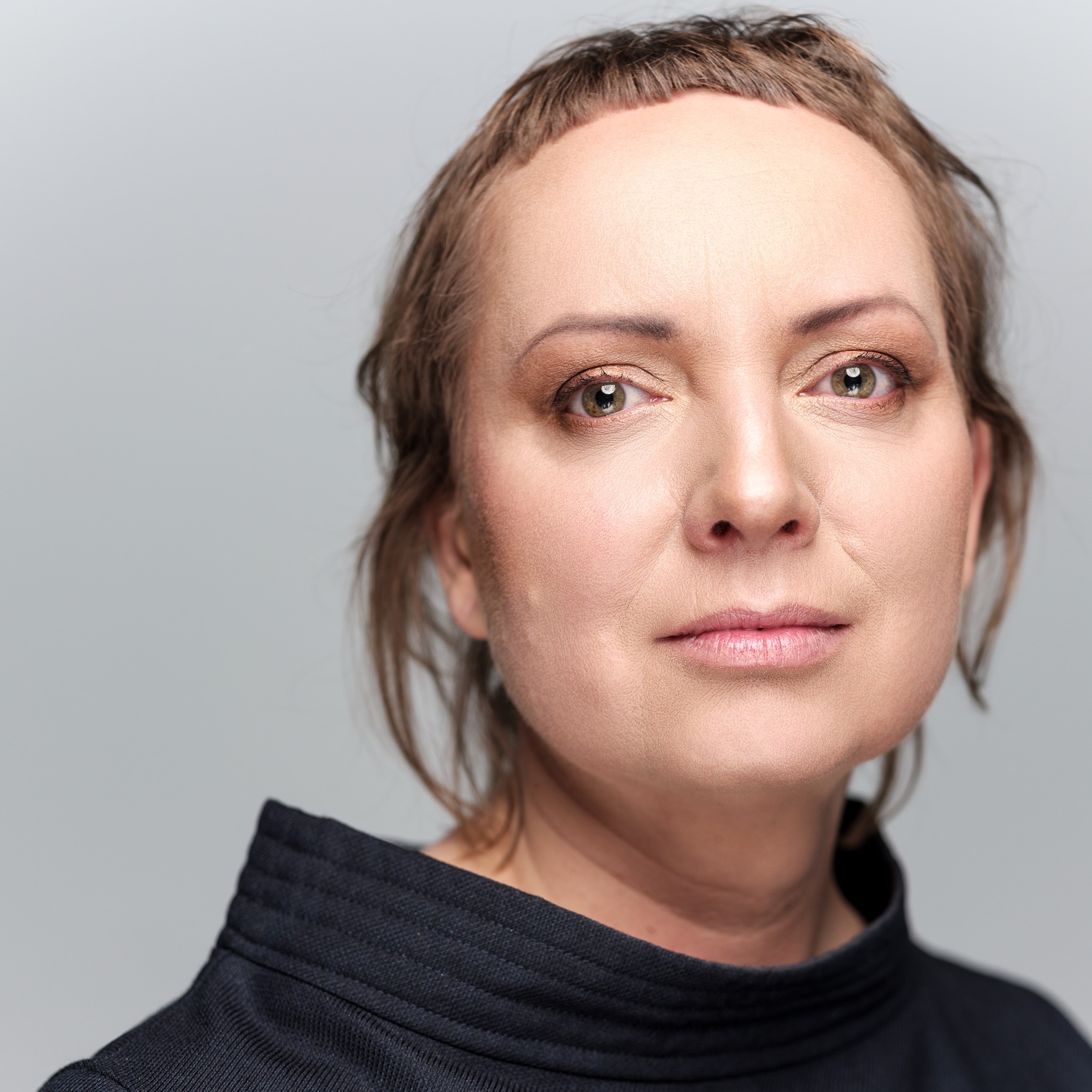
I’m a designer and painter. Graduated from the Academy of Fine Arts in Cracow and the Academy of Fine Arts in Poznan (Department of Artistic Education). I’m a member of the Association of Polish Artists and Designers, awarded a scholarship in culture by the marshal of the Silesian voivodeship as part of which I conducted a multidisciplinary project entitled “Tu odprowadzam wzrokiem słońce_Here I watch the sunset”. My works (painting, own technique) are in a number of private collections in Poland, Great Britain, Estonia, Cyprus, Austria and Germany. I have participated in more than 30 group and individual exhibitions in Poland and abroad. I have carried out a number of author projects including: “La puerta” (Girona, Spain), Danish-Sweden-Norway (Smygehamn, Sweden), POMIĘDZY_BETWEEN (Rome, Italy – Zabrze, Poland), I took part in international art projects including CURATIVE ART (Europe – USA) or SCHOOL (62 artists and 19 organisations from Europe, Africa, South America and Asia participated in this project only in 2015).
I have experience of working in formal art education (as a diploma teacher in an art school), non-formal and informal art education – first of all within the projects and activities of the ARTeria Foundation of which I am president.
Photo: Rafał Siderski
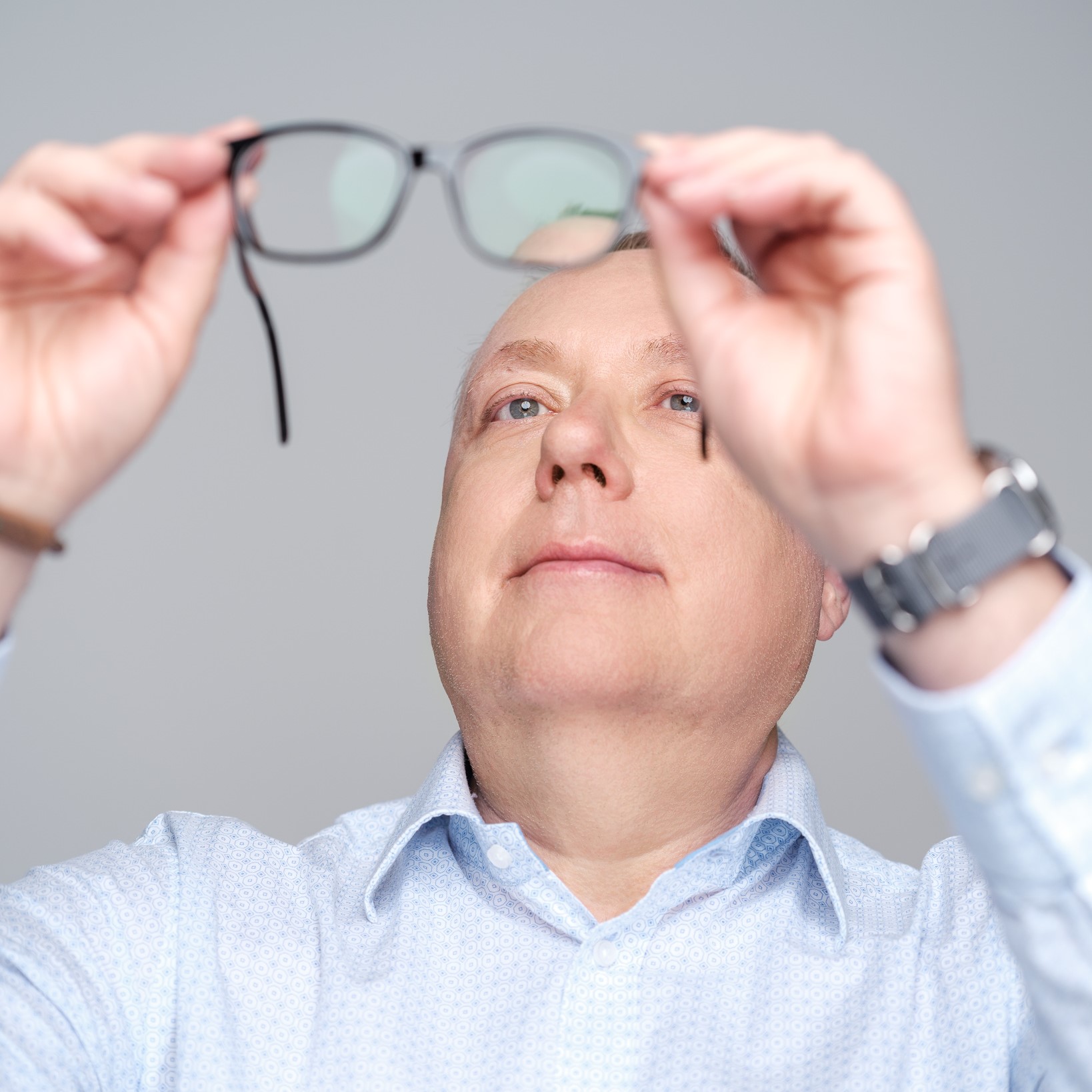
By passion and training – I’m a musician, composer, pianist and music teacher, vocal trainer
By passion and by profession – I’m a mentor, researcher, trainer.
I’m fascinated by the idea of long life learning and the implementation of innovative educational methods for adults, especially in informal and non-formal learning contexts as well as in digital environments.
I’m the creator of mentoring methods for artists and creative professionals that support them in their personal and professional lives in the world of globalisation, digitalisation and postmodernity.
I’m currently working on and implementing transnational educational and cultural projects, mainly financed by EU funds.
I’m a mature male – feminist, vegetarian and environmentalist. In a permanent, happy relationship with a woman. Fascinated by cultural diversity, yet proud and happy to come from and live in Central Europe, whose cultural and civilizational heritage is my inspiration.
Sensitive to the needs of people, animals and the entire planet in the time of crisis.
FB: https://www.facebook.com/WenancjuszVeno
Photo: Rafał Siderski
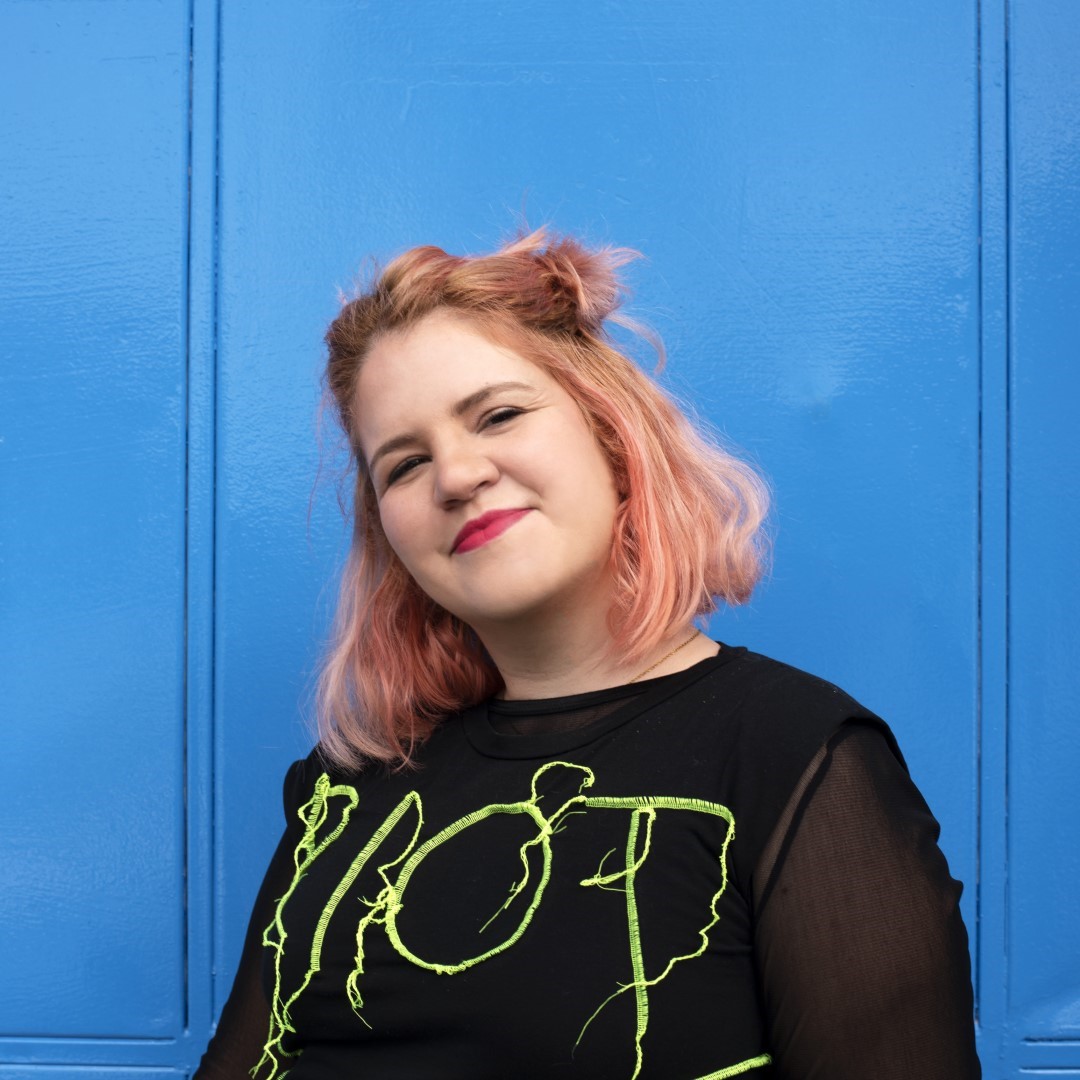
Tanja Blašković, master of fine arts pedagogy, an artist, currently operates in Rijeka across various artistic domains, including design, illustration, scenography, costume design, street art, plastic art installations, tapestries, applied arts, and informal education. She is one of the editors of the art fanzine “Superkul” and the first Croatian museum fanzine “Beni” (MMSU Rijeka). She is the owner of the sustainable fashion brand “Eston Teco” and a member of the professional association HDLU.
Her artistic work and engagement in informal education are recognized for the use and recycling of plastic as a performance material. Through her work, she places significant emphasis on ecology and concepts such as zero waste art.